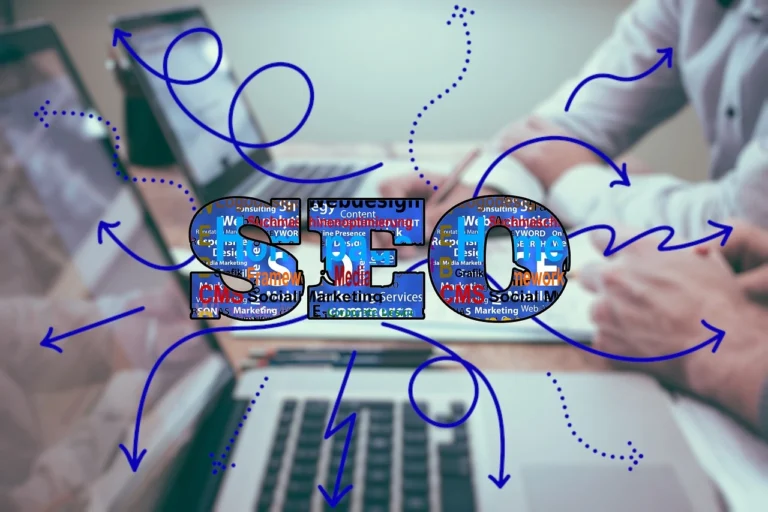Onpage Optimization: Elevate Your Site's Ranking Power
Dominate Search Results with Strategic Onpage Optimization
Understanding the Importance of Onpage Optimization
On-page optimization refers to optimizing individual web pages to rank higher and earn more relevant traffic in search engines. It involves various elements, including content, HTML source code, and overall site structure. Here are the key components and best practices for on-page optimization:
The Key Components of On-page Optimization:
Keyword Research
- Identify relevant keywords that your target audience is searching for.
- These keywords should be strategically placed within your content.
Title Tags
- Each page should have a unique and descriptive title tag that includes the main keyword(s) for that page.
- Title tags are important for both search engines and users.
Meta Descriptions
- Meta descriptions provide a summary of the content on a web page.
- They should be compelling and include relevant keywords to encourage users to click from the search engine results page (SERP).
URL Structure
- Create SEO-friendly URLs that are concise, descriptive, and include relevant keywords.
Heading Tags (H1, H2, etc.)
- Use heading tags to structure your content hierarchically. The H1 tag should typically contain the main title or heading of the page, while H2, H3, etc., can be used for subheadings.
Quality Content
- Content is king in SEO. Create high-quality, informative, engaging content that satisfies the user’s search intent.
- Incorporate relevant keywords naturally within the content.
Optimized Images:
- Use descriptive filenames and alt tags for images to help search engines understand the content of your images. Compress images to improve page loading speed.
Internal Linking:
- Link to other relevant pages within your website to improve navigation and distribute link equity. Internal linking also helps search engines discover and index new pages.
External Linking:
- Include outbound links to authoritative and relevant websites. External linking can provide additional context to your content and improve its credibility.
Mobile Optimization:
- Ensure your website is mobile-friendly and provides a seamless user experience across different devices.
- Mobile optimization is crucial for both user experience and SEO.


Importance of On-page Optimization
On-page optimization is essential for maximizing the visibility, usability, and credibility of your website in search engine results, ultimately driving organic traffic and achieving your business goals online. On-page optimization plays a crucial role in the overall success of a website's SEO strategy for several reasons:
Improves Search Engine Visibility:
- On-page optimization helps search engines understand your web pages’ relevance, improving indexing and ranking for relevant search queries. Optimizing elements like title tags, meta descriptions, and headings increases the likelihood of your pages appearing prominently in SERPs.
Enhances User Experience:
- Well-optimized websites offer relevant content, easy navigation, and fast loading times, providing a better user experience.
Increases Organic Traffic:
- On-page optimization helps rank higher for relevant keywords, attracting valuable organic traffic from users seeking related information, products, or services.
Builds Credibility and Authority:
- Proper on-page optimization signals to search engines that your site is authoritative and trustworthy within its niche, potentially earning backlinks from reputable sites and boosting credibility.
Supports Off-page SEO Efforts:
- On-page optimization complements off-page SEO efforts like link building and social media marketing, making it easier to attract inbound links and social shares.
Adapts to Algorithm Updates:
- Websites optimized for on-page SEO are better prepared to adapt to evolving search engine algorithms, maintaining search rankings over time.
